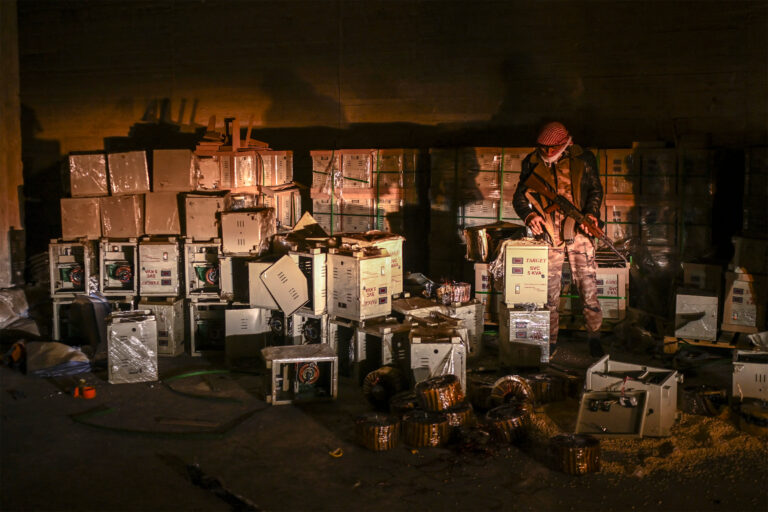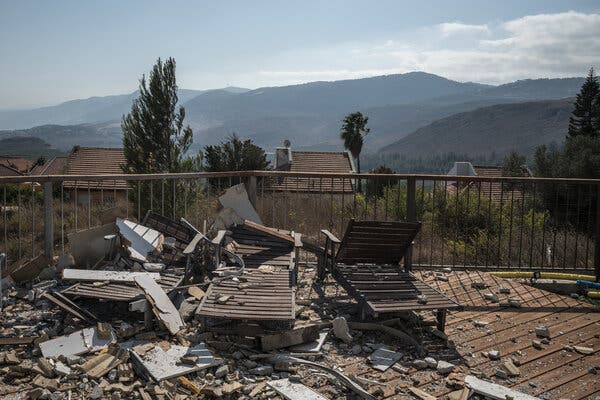Beginning Tuesday, world leaders will discuss three wars, climate change, rising sea levels and proposals to expand representation on the Security Council.

When the United Nations General Assembly convenes on Tuesday, attention will focus on the major wars raging in Ukraine, Gaza and Sudan, amid a reckoning that neither the global body nor world powers have been able to end the violence.
By all accounts, the world has descended deeper into chaos and turmoil since last year’s annual gathering, when Russia’s invasion of Ukraine and Sudan’s civil war cast shadows. Now, those have been eclipsed by the Hamas-led Oct. 7 attack on Israel, and the war that followed in Gaza, with its catastrophic humanitarian toll on Palestinians.
The United Nations itself has had a turbulent year. A record number of its staff, 220 in total, have been killed in the war in Gaza. Its humanitarian resources, a crucial backbone of the global relief effort, are overstretched and underfunded as needs multiply rapidly because of wars, climate change and natural disasters. At the same time, its leadership struggles to play a meaningful role in conflict mediation.
“International challenges are moving faster than our ability to solve them,” said Secretary General António Guterres in a news conference this past week. “We see out-of-control geopolitical divisions and runaway conflicts — not least in Ukraine, Gaza, Sudan and beyond.”
The Security Council, which typically holds one session on the sidelines of the General Assembly, is scheduled to meet three times this year, on Ukraine, Gaza and the broader question of leadership challenges in resolving conflicts.



